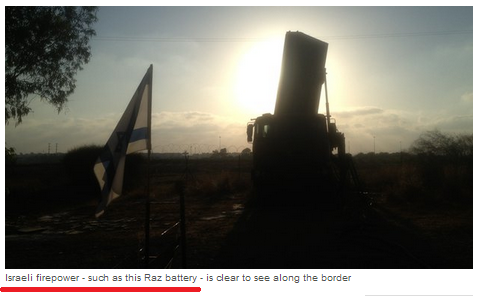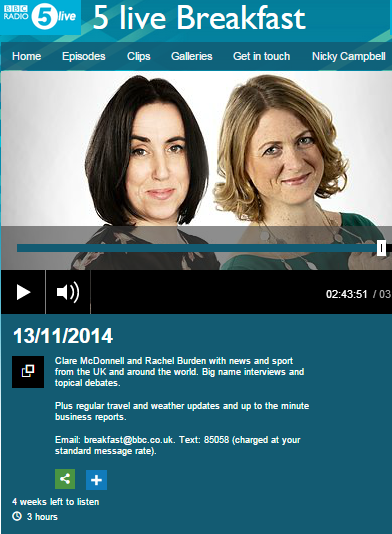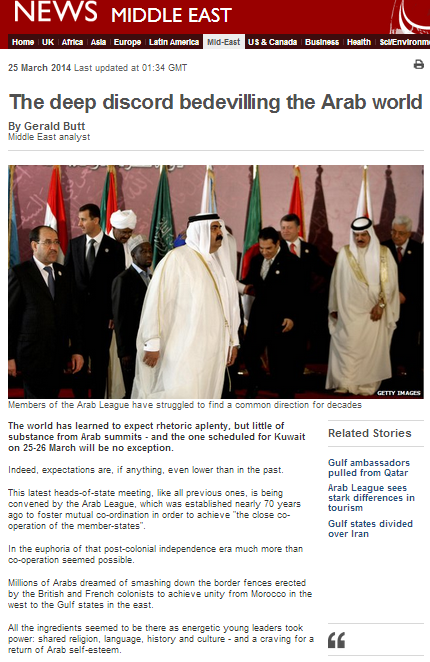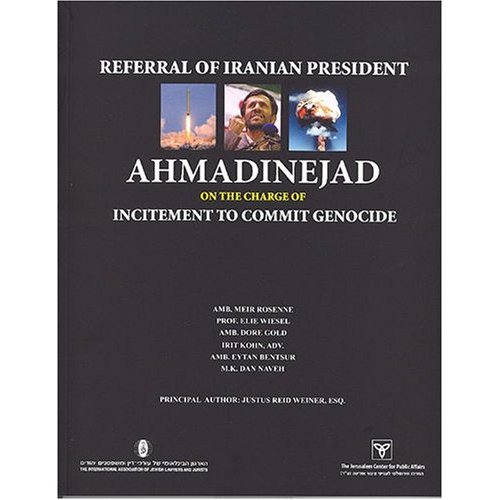As can be seen in the list of twenty-six Palestinian prisoners convicted of violent acts and scheduled to be released in the framework of ‘confidence building’ measures which we recently published, fifteen of them carried out their acts during the time period between December 9th 1987 and the signing of the Oslo Accords in September 1993 – considered by many observers to be the extent of the first Intifada. Seven of those prisoners were found guilty of murders carried out by shooting.
That small sample is indicative of the broader picture.
“The intifada uprising that started in 1987 was, from the start, far more violent than commonly reported. Televised images of youths with rocks defined the violence for many, but during the first four years of the uprising, more than 3,600 Molotov cocktail attacks, 100 hand grenade attacks and 600 assaults with guns or explosives were reported by the Israel Defense Forces.”
Now consider the statement below which comes from an article written in December 2000 (over two months into the second Intifada) by the former BBC Online Middle East Editor Tarik Kafala – now head of BBC Arabic – which is still available on the BBC website. 
“When the 1987 intifada broke out in the Jebalia refugee camp in Gaza, it spread like wild fire to all areas of the West Bank and Gaza Strip. It lasted, with varying levels of intensity, until 1993.
It came as a complete surprise to both the Israelis and the PLO, at the time in exile in Tunisia.
It also kept the Israeli occupation army at full stretch. Youths confronted the soldiers with stones and petrol bombs – but unlike the current violence, the demonstrators were at no stage armed with guns.” [emphasis added]
Beyond the blatantly political use of the phrase “Israel occupation army” which is obviously inappropriate for an organization which professes to adhere to standards of impartiality, Kafala clearly intentionally misleads audiences by inaccurately stating – very insistently, one notes – that those involved in perpetrating the violence of the first Intifada were “at no stage armed with guns”.
Adopting the Palestinian narrative of “resistance”, Kafala goes on to state:
“Much of the Palestinian resistance was non-violent. It included demonstrations, strikes, boycotting Israeli goods and the civil administration in the occupied territories, and the creation of independent schools and alternative social and political institutions.”
In addition to between 160 – 185 Israelis killed (depending on the time frame chosen) and thousands more wounded by that “non-violent resistance”, the first Intifada also of course saw the murders of around a thousand Palestinians by vigilantes accusing them of being ‘collaborators’ or ‘immoral’, but Kafala is apparently not interested in informing his audience about that aspect of the first Intifada.
The promotion of the myth of a non-violent first Intifada is of course by no means limited to the BBC: the same myth is promoted by both anti-Israel activists and lazy journalists. They, however, are not bound by editorial guidelines of accuracy and impartiality.
Despite clearly breaching BBC editorial guidelines, this article has remained on the BBC website for nearly thirteen years. It is time for that to be rectified.




